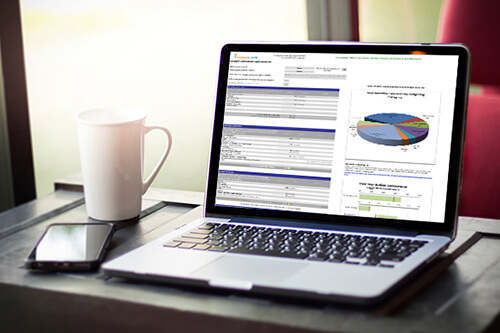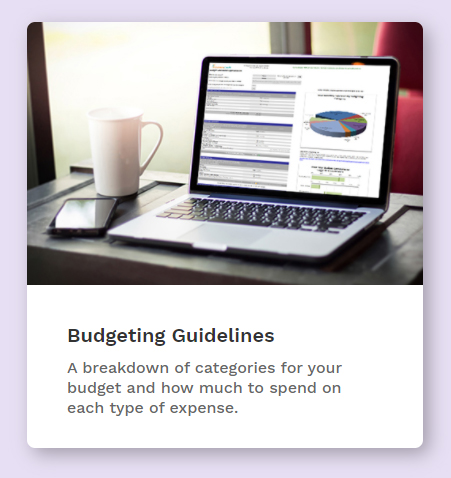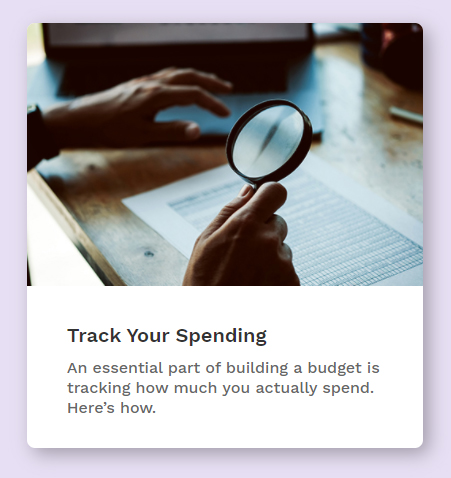Don’t let your worst financial fears become your reality
Q: I am a mature woman and I’ve just got divorced for the second time. My children are on their own. Money was an issue during my first marriage, and I didn’t realize how big an issue it was in my second marriage until it ended, too. Now I’m looking at how many years I have left until retirement and the cobwebs in my savings account only tell half the story. My debts are pretty high, and budgeting seems like such a chore when all I can do is manage from one paycheque to the next. Can you help me?
A: The way we manage our finances is something many of us learn over time. Habits develop, and while some people are proactive and plan for the unexpected, the vast majority are reactive, living paycheque to paycheque rather than planning ahead.
Unfortunately, if your long-term plan is only as long as one pay cycle, you may be setting yourself up for disaster.
With at least a few years left before retirement, you still have time to make positive changes so that your worst financial fears don’t become your reality. Consider what money means to you, and build a plan that keeps you on course.
Start by facing your fears—jot down what your personal financial nightmare would look like.
Over your head in debt? Having your car repossessed? Owing money to family and friends? No savings? Ending up virtually homeless?
Next, jot down why each of these situations would be so devastating for you.
Being in debt will jeopardize your financial stability and the freedom to spend as you choose; a vehicle may represent independence; savings provide peace of mind that your essentials are covered and you can travel; owing a home may mean providing for family needs.
Everyone’s values are different, and yours may have changed now that you’re on your own again.
Finally, any good plan needs action. If budgeting seems like a chore, create a spending plan with your goals in mind and decide how much you can realistically pay down on your debt each month.
Managing your paycheques will keep you on track with your plan, decrease stress and allow you to spend time on what’s important to you.
Success requires planning and knowing where you are going.
Choose ahead of time how to spend your money. Then follow through with your plans, and get where you want to be.
To learn more about budgeting or how to create a spending plan, click here.





0 Comments